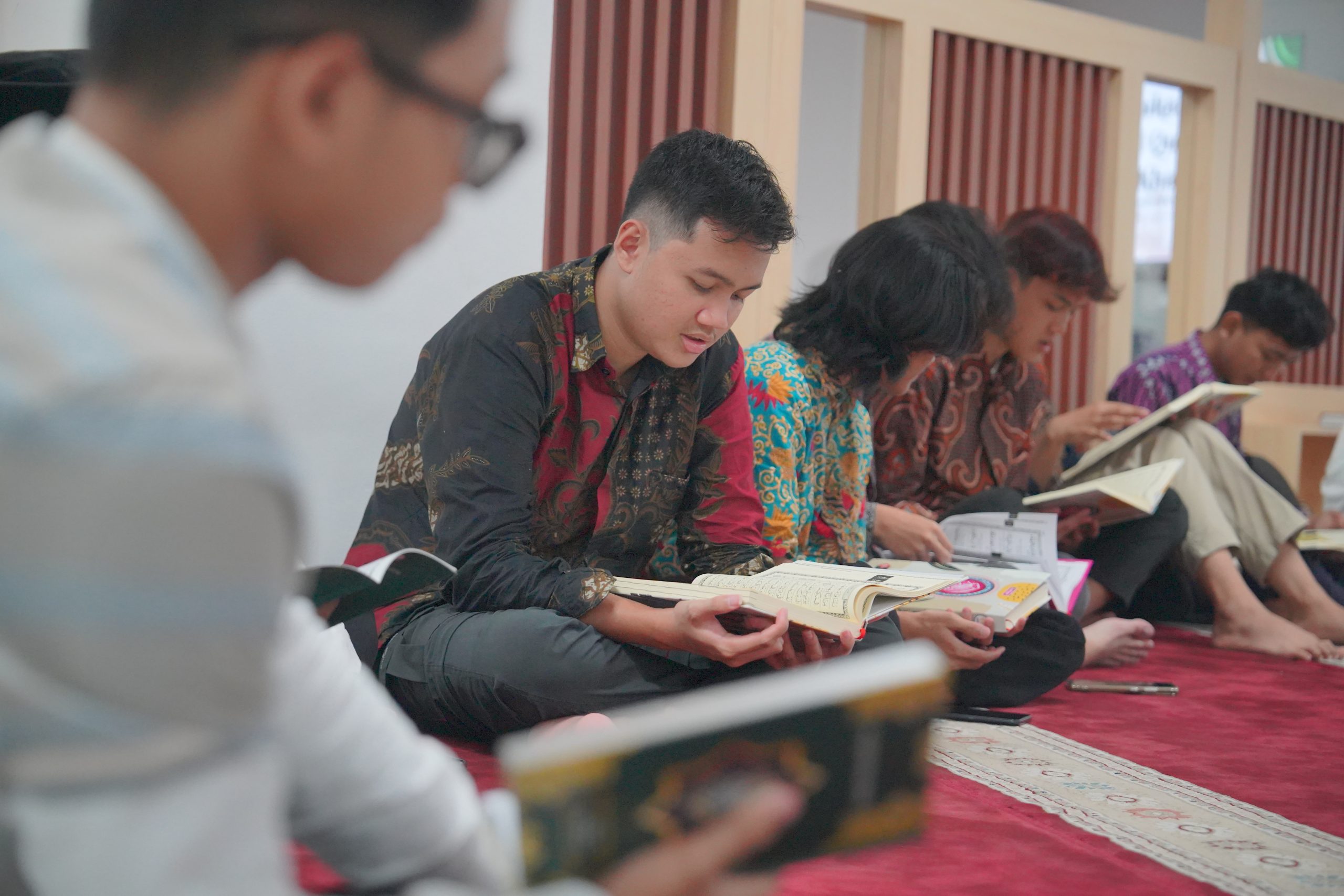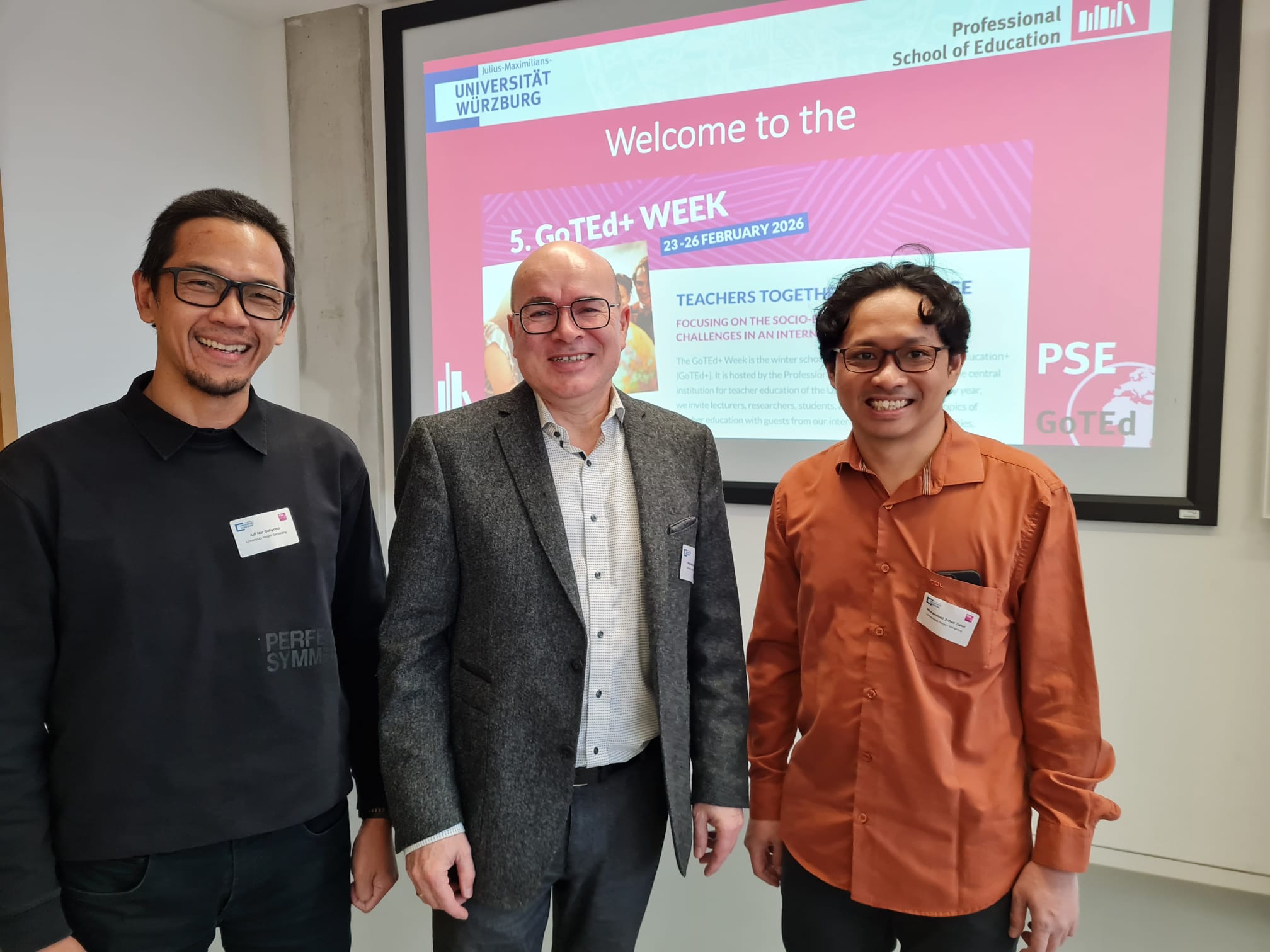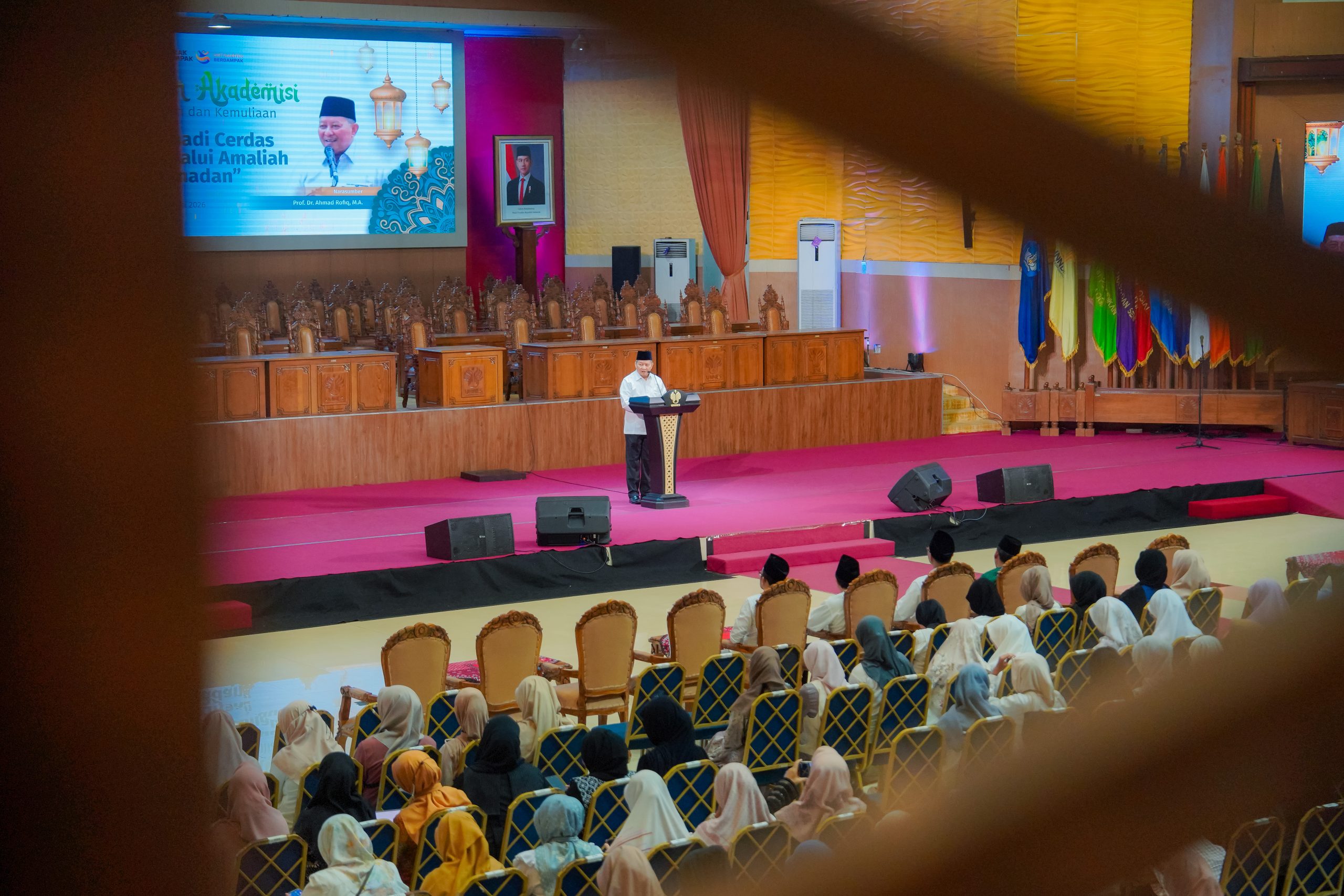Universitas Negeri Semarang bekerja sama dengan Jaringan Gusdurian dan Polda Jawa Tengah untuk mendeteksi dan menangkal radikalisme di perguruan tinggi.
Mengawali kerja sama dalam pemcegahan radikalisme di kampus dan membangun apersepsi bersama, UNNES menyelenggarakan seminar daring bertajuk “Pencegahan Radikalisme di Perguruan Tinggi”, dengan narasumber Irjen Pol Ahmad Luthfi (Kapolda Jawa Tengah), Alissa Wahid (Koordinator Nasional Jaringan Gusdurian), Nusron Wahid (Anggota DPR RI), dan Ali Masyhar Mursyid (Direktur Pusat Studi Antiradikalisme dan Terorisme FH UNNES). Selasa (4/8).
Rektor UNNES Prof Dr Fathur Rokhman menyampaikan bahwa para narasumber memiliki kapasitas dan gerakan nyata dalam penanggunangan radikalisme.
“Sebagaimana diketahui, Ibu Alissa Wahid sebagai Koordinator Nasional Jaringan Gusdurian, Jaringan Gusdurian memiliki pengalaman panjang dalam mempromosikan moderasi beragama, Bapak Irjen Pol Ahmad Luthfi sebagai Kapolda Jawa Tengah terus melakukan gerakan pencegahan terorisme, Bapak Nusron Wahid anggota DPR RI yang berbasis pesantren terus menggelorakan cinta NKRI, dan Pak Ali Masyhar Mursyid dosen muda sekaligus Direktur Pusat Studi Antiradikalisme dan Terorisme UNNES,” terang Prof Fathur Rokhman.
Menurut Alissa Wahid ada tiga persoalan utama yang dihadapi masyarakat Indonesia yaitu mayoratorianisme, sentimen primordial, dan ekslusivisme beragama.
Ia memandang tiga masalah tersebut memiliki kaitan erat dengan perguruan tinggi sehingga perlu tindakan konkret untuk menyikapinya.
Pihaknya memetakan pola radikalisasi di perguruan tinggi terjadi dalam sejumlah tahap. Pertama, melalui pendekatan personal. Kedua, penanaman ideologi ekslusivisme beragama. Ketiga, membangun kebanggaan sebagai diri atau umat terpilih.
Setelah itu, biasanya dilakukan penanaman visi “perjuangan”. Kelima, penugasan sebagai kader perjuangan. Keenam, menggerakkan masyarakat.
Untuk menyikapi itu, Jaringan Gusdurian selama ini giat mempromosikan moderasi beragama di masyarakat.
Sementara itu, Kapolda Jawa Tengah Irjen Pol A. Luthfi mengungkapkan bahwa pihaknya telah melakukan dua pendekatan yaitu pendekatan lembut (soft approach) dan pendekatan keras (hard approach).
Menurutnya, dalam mengoptimalkan Gerakan soft tersebut kampus harus memberikan pendampingan yang intensif kepada organisasi mahasiswa dari dosen yang kompeten. Hal itu diperlukan agar potensi sekecil apa pun radikalisme di perguruan tinggi dapat segera diketahui.
Menurut Prof Fathur Rokhman bagi Unnes, potensi radikalisme telah menjadi bahan perhatian sejak lama. Untuk mempromsoikan kehidupan beragama yang moderat UNNES membangun kemitraan dengan sejumlah pesantren, kepolisian, dan Badan Nasional Penanggulangan Terorisme (BNPT). UNNES Juga Pusat Studi Radikalisme dan Teorisme.
“Selain bekerja sama dengan berbagai pihak Unnes juga mendirikan Pusat Studi Radikalisme dan Teorisme (Pusara). Saya turut menjadi pencetus gerakan Pusara, dari Semarang untuk Indonesia yang berisi ikrar masyarakat perguruan tinggi di Indonesia menjaga keutuhan NKRI dan melawan gerakan radikal di kampus. Fokus kegiatan kemahasiswaan di UNNES adalah karakter dan prestasi. Dalam hal ini, salah satu karakter utama yang ditanamkan adalah nasionalisme.



